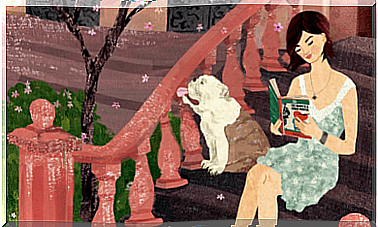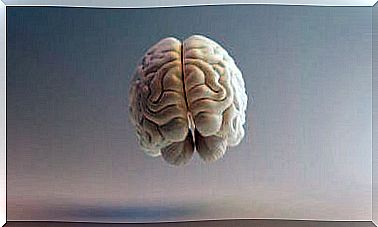The Dangerous Consequences Of Guessing

What happened? Why did he do it? What will he do now?
If you feel tempted to answer similar questions with a “Well, I’m not sure, but I guess…” maybe you better stop before it’s too late.
What do assumptions lead to
Making assumptions means taking something as true without actually looking for evidence to prove what we only imagine. It means finding an explanation for yourself and reinforcing it based on thoughts and comments. The problem is that those who make assumptions often end up convincing themselves of something they have created themselves. And the worst thing is that, most of the time, later he doesn’t even remember what the origin of that statement was.
As you can see, therefore, it often happens that a simple assumption generated by the “harmless habit of talking about others” ends up turning into a false rumor and, ultimately, into a lie.
Making assumptions about someone can ruin their reputation, because although you say that this is just your opinion and not a fact, once you say it the word spreads quickly, and it is very likely that in reporting it you omit the fact that, when you said it, you weren’t entirely sure. And the amazing thing is, even if you keep your assumptions to yourself without telling anyone, you can still create a distorted picture of that person in your mind. And all for a simple and innocent guess …
Food for bad thoughts
Whether that dialogue is being done with another person or just with yourself, you may be feeding a lie, either outside or inside of you. Even if the lie is not certain, it still generates emotions, and emotions are very difficult to erase. And even when they are erased, traces of suspicion remain, and with them a negative predisposition towards that person .
Think about the feelings that the following assumptions can generate:
“ She sure puts the horns on him. ”
” I suspect that he mistreats children . ”
“ Don’t you think his words are not sincere? In my opinion he didn’t tell us the truth. “
Why do we always think the worst?
Unfortunately, most of the assumptions we make are negative. Human beings have a tendency to give more importance to bad news. But why does this happen? According to some theories it is due to our survival instinct, because man has always had to pay more attention to information such as “That snake is poisonous!” rather than a “Look what a beautiful sunset!”
According to this theory, all this leads us to give more weight to negative things and, consequently, to give them greater credibility. In other words, unconsciously and to preserve ourselves, we are predisposed to always think the worst of others .
In general, we try to assume that many of the things that happen have to do with us firsthand (even if the truth is that most of the time we have absolutely nothing to do with it), that others know what we want or want. , or that everyone will react like us. None of these assumptions are productive, and acting on them can be devastating for everyone involved, including ourselves.
Assumptions cannot replace communication
So what if you really care about someone’s actions or why they did them? It’s really very simple: ask! The dialogue with the person involved is a thousand times more productive than an internal dialogue or with a third person. If you simply make a guess, you are depriving the person involved of the opportunity to have their say.
When you go to the trouble of making sure what happened, you can act based on real information. And if it doesn’t seem appropriate to ask directly, consider whether it really concerns you. If not, wouldn’t it be better to take care of something else?
Assumptions shouldn’t hinder your personal growth
Assumptions don’t always have to do with the behavior of others. There is also another kind of guesswork, which can put a spanner in the works.
When we assume that something we have never tried we will not like or that we will not be able to learn something new or that we will never be able to go to that place that fascinates us so much, etc., we are building a wall for ourselves. it will prevent access to new experiences . Sometimes we take it for granted that traditions are inevitable and that there is no different way of doing things. This stifles our creativity and transforms us into habitual and paralyzed people.
In conclusion, try to avoid guesswork at all costs, both about yourself and about other people. Rather, try to verify. You ask. Make sure. Experiment.
Image courtesy of Johan Larsson









